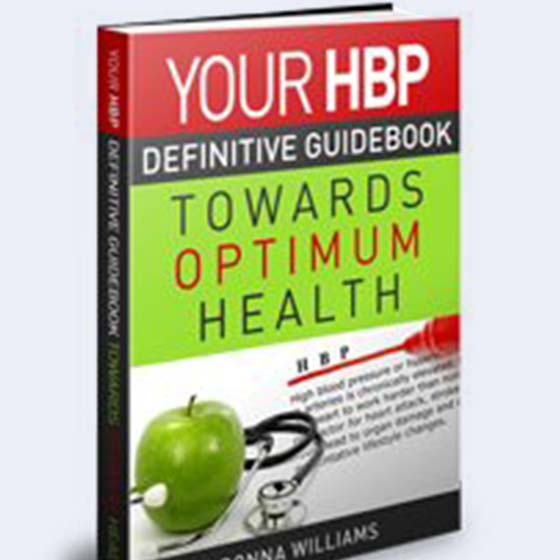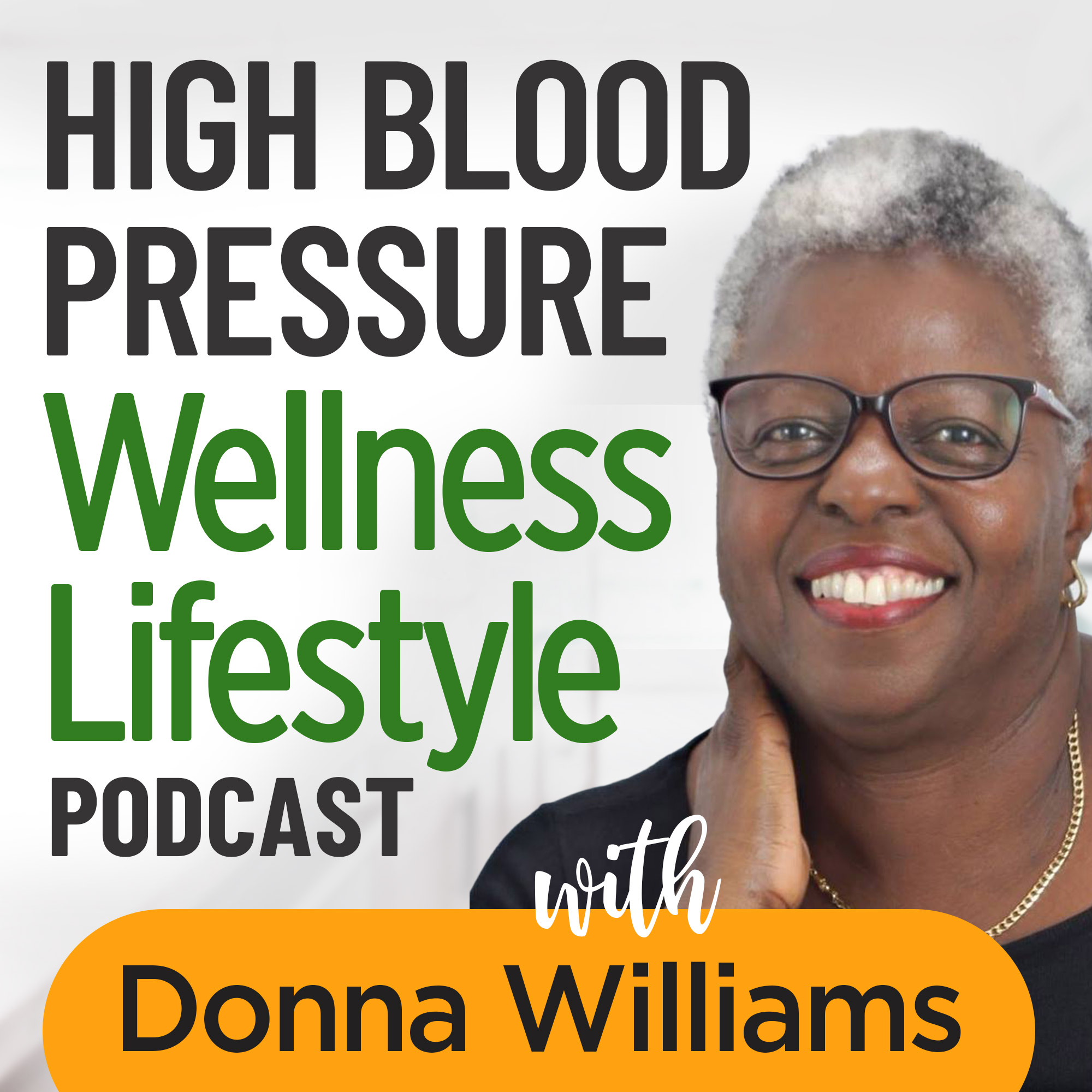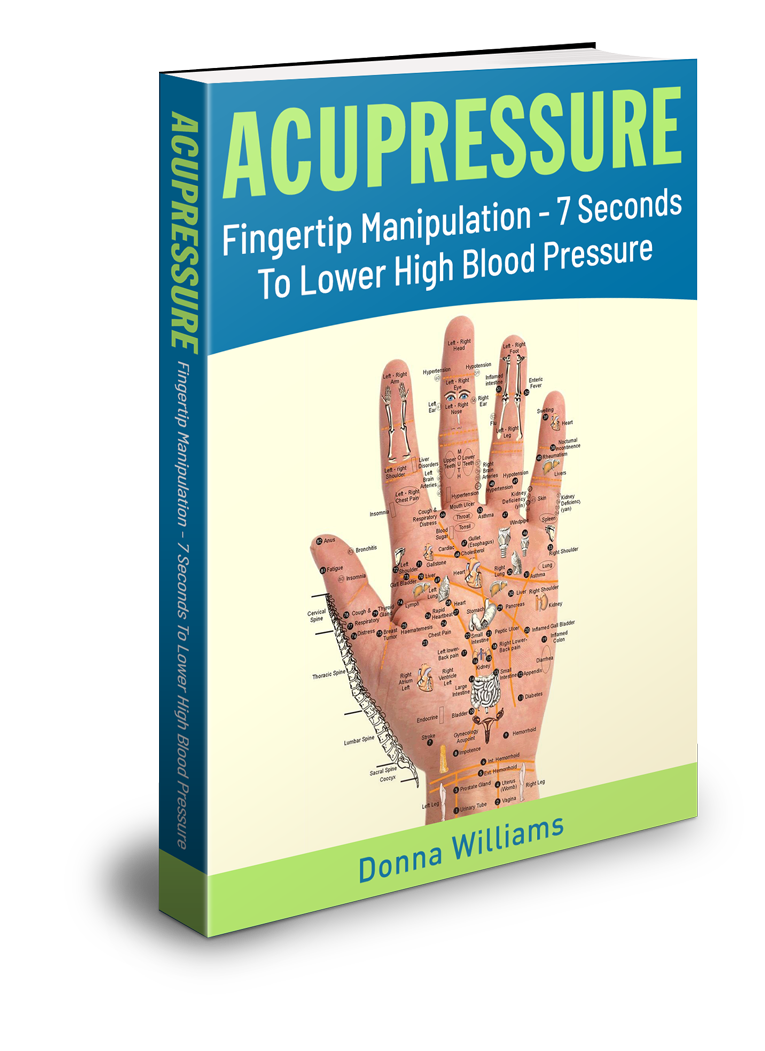Health is wealth, eat well to live well.
Join my community and receive my free ebook! Subscribe now >>
Cholesterol Lowering Medications Known Collectively As Statins
There is a slew of cholesterol lowering medications on the market these days, and it can feel like a new one is released every minute. From Crestor to Zocor, there is a wide variety of options out there. Each has it advantages and disadvantages.
Cholesterol lowering medications do help in this elimination and come in five main categories: Statins drugs, bile acid sequestrants, cholesterol absorption inhibitors, niacin agents and fibrates.
The drugs provided by the Pharmaceutical companies have reduced the number of deaths from high blood pressure high cholesterol. Still they have not eliminated the cause of the heart attacks and so we have to lower the amount of cholesterol in the blood.
Statins - Cutting Off Your Cholesterol Source
Statins are maybe the most well-known cholesterol lowering medication on the market and include the commercial drugs Lipitor, Crestor, Pravachol and Zocor.
They work by inhibiting the body's enzyme that controls cholesterol production, thereby:
- Lowering your LDL - your bad cholesterol
- Modestly increasing your HDL - your good cholesterol
- Reducing your plaque
- Protect the lining of your arteries
- Reduce your risk of a first heart attack
Results from Statins can be seen after six months or so.
Problems With Taking Statins
As helpful as Statins can be, it can be problematic to:
- Some people who have statin allergies.
- Women who are pregnant or planning a pregnancy.
- To those who consume large quantities of alcohol.
- Suffers of rhabdomyolysis - an excessive breakdown of muscle tissues that floods the kidney with waste causing kidney failure.
- Liver disease
- Known to interact dangerously with certain other types of prescription drugs.
Bile Acid Sequestrants
Bile acids helps to metabolize fats working in your digestive tract allowing your body to absorb fatty acids.
These bile acids are stored within your gallbladder.
Bile acid sequestrants are compounds that works with the bile acids binding your cholesterol in the intestines then eliminating them through your feces before it gets into your blood.
The most commonly known bile acid sequestrants are Colestipol and Cholestyramine that are very effective at lowering LDL cholesterol. Bile acid sequestrants can be combined with statins go great effect, reducing your LDL cholesterol by as much as forty percent.
The primary concern with bile acid sequestrants is that they can inhibit the absorption of fat-soluble vitamins, so that you can benefit from vitamin supplements.
Cholesterol Absorption Inhibitor
The most common cholesterol absorption inhibitor is Ezetimibe, known commercial as Zetia.
Ezetimibe is less effective than Statins at lowering cholesterol and is typically prescribed in combination with statins when a higher dose would produce too many side effects.
It is not, however, used with bile acid sequestrants. The sequestrants can bind to ezetimibe and reduce its effectiveness greatly.
Some side effects of this medication are allergic reactions, increased risk of gallstones, serious muscle and liver damage and the fact that plaque accumulated twice as fast.
In a December 2007 study, completed at the University of Washington, states that taking ezetimibe appears to increase the risk of both heart attack and stroke.
So discuss with your doctor the many adverse side effects if ezetimibe ever becomes part of your cholesterol lowering medications.
Niacin - Another Cholesterol Lowering Medications
Niacin (nicotinic acid) is a B vitamin that improves the levels of LDL, HDL and triglycerides, but can cause side effects.
The most common side effect is flushing of the skin or hot flashes, which is caused by dilated blood vessels.
Problems With Taking Niacin
- If you are taking diabetes medicines it reduces its effectiveness
- Gout medication strength is reduced
- Can cause dizziness
- Liver damage is possible
- Does not mix well with other drugs
Fibrates
Fibrates are most useful in lowering triglycerides and can also increase your HDL levels to a lesser extent.
The taking of Fibrates should be avoided if you have kidney or liver disease. They have a tendencies to raise blood sugar and are rarely prescribed if you have diabetes.
Problems With Fibrates
- Blurred vision
- Lower blood levels of potassium
- Muscle weakness
- Gastrointestinal problems
Your High Blood Pressure And Cholesterol Levels
How are you controlling these diseases and are there any complications?
Do share your experience and help others.
Return From Cholesterol Lowering Medications To High Blood Pressure High Cholesterol





New! Comments
Have your say about what you just read! Leave me a comment in the box below.